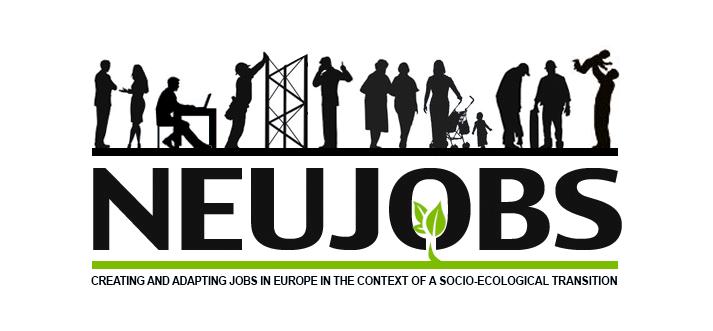A new publication released within the NEUJOBS project
 Unemployment remains a serious problem in the European Union, causing significant hardship for both its citizens and governments. In an effort to better understand the complex nature of the problem, CASE experts have published a study on “The Impact of Socio-Ecological Transition on Employment Structure and Patterns in the Context of (Non) Rural Regions”. The authors, Boris Najman, Alexander Neumann and Izabela Styczyńska, attempt to unveil the major employment patterns in the EU and understand the ways in which urbanization affects the labor market, focusing on three major areas - job mobility, underemployment and the willingness to change jobs -, and compare the different patterns emerging in urban and rural areas.
Unemployment remains a serious problem in the European Union, causing significant hardship for both its citizens and governments. In an effort to better understand the complex nature of the problem, CASE experts have published a study on “The Impact of Socio-Ecological Transition on Employment Structure and Patterns in the Context of (Non) Rural Regions”. The authors, Boris Najman, Alexander Neumann and Izabela Styczyńska, attempt to unveil the major employment patterns in the EU and understand the ways in which urbanization affects the labor market, focusing on three major areas - job mobility, underemployment and the willingness to change jobs -, and compare the different patterns emerging in urban and rural areas.
Using micro-econometric approaches and data provided by the European Labor Force Survey (ELFS), the authors conclude that labor reallocation can be a strong driving force for socio-ecological transition. The detailed study of particular focus groups (women, youth, middle-aged persons) in both rural and urban areas has shown that “education and general competences (i.e. not specific to particular investment) may help the transition from ‘old’ jobs to ‘new’ jobs”. The authors also underline the possible advantages of governments’ commitment to active labor market policy.
